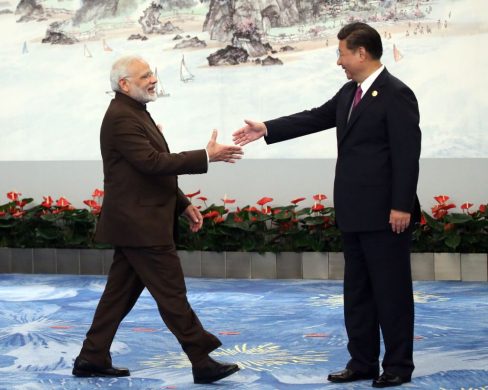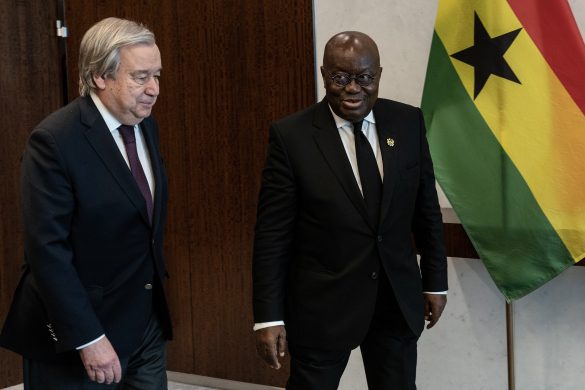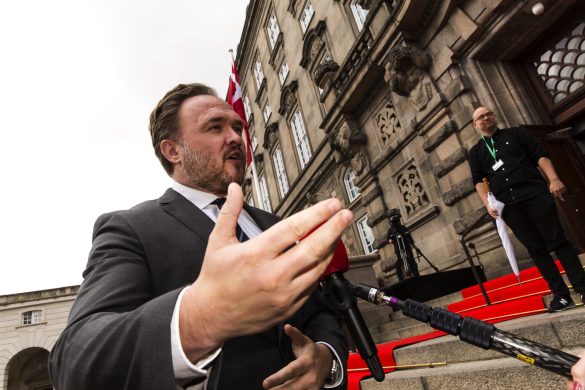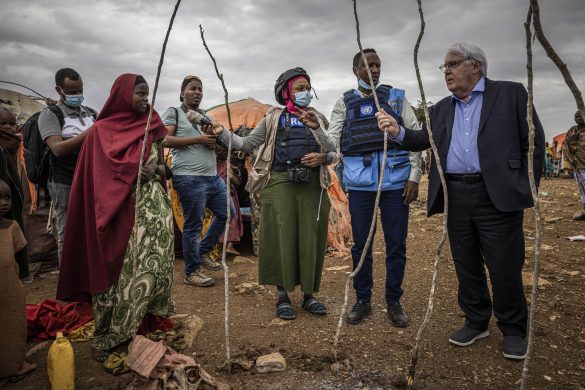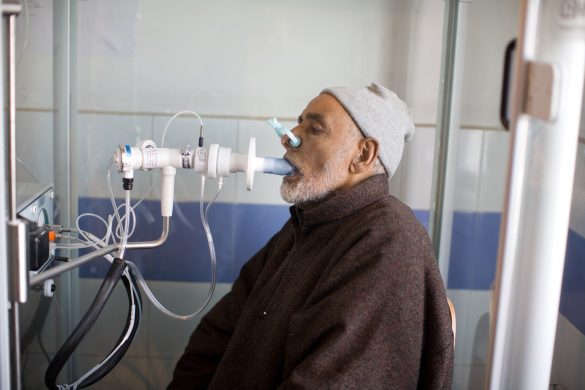Løfter om politiske reformer har fået donorerne til at revidere deres bistandspolitik til det asiatiske land, der hidtil kun har fået minimal udviklingsbistand.
EU øger sin humanitære bistand til de fattigste områder uden for hovedstadsregionen.
BANGKOK, 4 January 2012 (IRIN) – As the government of Burma (Myanmar) continues to pledge political reform, donors are reassessing their giving in a country that has historically received among the lowest levels of per capita development aid of any developing country.
“Myanmar has been called an aid orphan (stedbarn) in the past because its per capita assistance is so low,” London-based Myanmar analyst Ashley South told IRIN.
The country received close to five US dollar (ca. 30 DKR) per person in overseas development assistance in 2010, according to the Organisation for Economic Cooperation and Development (OECD) – a 28 percent drop from 2009.
While careful not to draw any link between donor decisions and nascent political change, donor consortiums and NGOs in Myanmar are finding that attaining funds has become easier.
“More funding is available now,” said Andrew Kirkwood, funding director for the Livelihoods and Food Security Trust Fund (LIFT), a multi-donor association set up in 2009 to support food security in Shan, Kachin, Rakhine and Chin states.
In recent weeks LIFT donors signed grants of up to 130 million dollar for 2012, a 30 million increase on the 2009 target, while extending operations until 2016, two years past the original planned exit.
“We are now able to increase our implementing partners and expand to more townships,” said Kirkwood.
But the increase can only cover so much of the country’s needs, he added. “Aid to Myanmar has always been low, and remains extremely low, despite the increase.”
In Chin State, eight out of 10 households are food insecure, according to the World Food Programme, while hundreds of thousands were internally displaced as of June 2011 and in need of assistance, according to the Internal Displacement Monitoring Centre (IDMC).
Access
The European Commission Humanitarian Office (ECHO), which distributes the European Union’s humanitarian aid, has earmarked 16,3 million dollar for Myanmar’s poorest ethnic areas outside the economic hub of Yangon in 2012, according to Matthias Eick, ECHO spokesman for East and Southeast Asia.
“ECHO will in particular target areas not reachable by development assistance, or will complement such assistance where humanitarian needs exist.”
In 2010 it gave about 12,7 million dollar, excluding aid for Cylcone Nargis recovery, according to the UN Financial Tracking Service.
The government of Japan announced last November that it will start “working-level talks” which could lead to the resumption of full-fledged development aid. The country cut off new overseas development assistance in 2003, while it has continued to give humanitarian aid.
And while the UK and Australian governments – among Myanmar’s biggest bilateral donors – have increased aid in recent years, they still circumvent the Burmese government when carrying out projects.
The UK government, which has pledged 56,4 million dollar in 2012, abides by the EU council decision on Burma, which “requires implementation to be through the UN, NGOs and through decentralized cooperation with local civilian administrations”.
But it has started considering ways to change how it gives aid, according to the UK 2011-2015 giving plan to Myanmar.
“In the event of a major improvement in government accountability and respect for human rights our choice of aid instruments would widen. Although we cannot anticipate significant political change over this Plan period, we are making some investment in preparing the ground for the day when we can consider alternative delivery options.”
Mere på http://www.irinnews.org/report.aspx?reportid=94584






